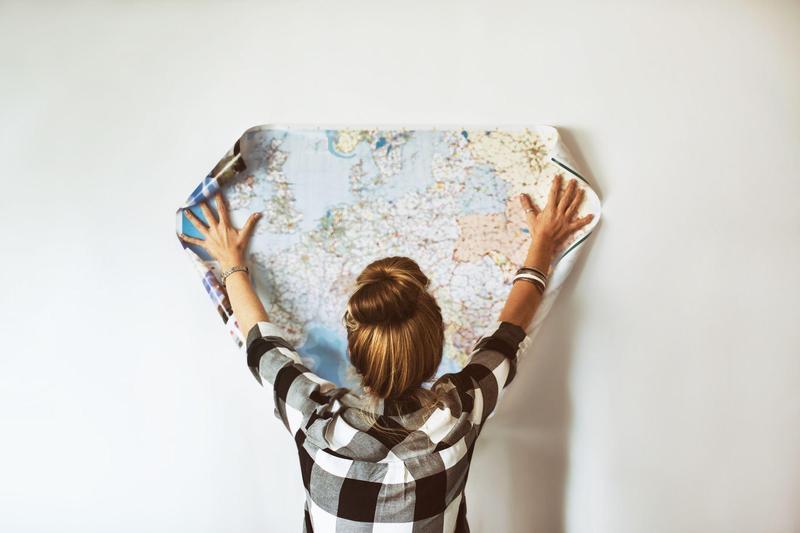Creating your first Mental Map
Creating your first Mental Map
A mental map is a first-person perspective of an area and how they interact with it. An easy example would be the image you have of your neighborhood. Your mental map of where you live allows you to know how to get to your favorite coffee shop. It is what you use to plan activities and routes to travel. This kind of mapping is studied by behavioral geographers to help them create things like improved driving directions.
Does Everyone Have a Mental Map?
Yes, everyone has mental maps. We use them to get around. You have large mental maps, things like knowing where countries begin and end and small maps for places like your kitchen. Any time you envision how to get somewhere or what a place looks like you are using a mental map.
What Is Behavioral Geography?
Behaviorism is the study of human and/or animal behavior. It assumes that all behavior is a response to stimuli within one’s environment. Behavioral geographers want to understand how the landscape can shape people’s behaviors and vice versa. How people build, change and interact with their mental maps are all topics of study for this scientific field.
How Mental Maps Can Change the World
Mental maps aren’t just perceptions of your own space they are also your perception of things like your nation. Popular perceptions of where a country begins or ends can impact negotiations between countries. One real-world example of this is the conflict between the state of Palestine and Isreal. There is little agreement on either side as to where each countries borders should be. The mental maps of those negotiating on each side will influence their decisions.
How the Media Affects Our Mental Maps
It is possible to create a mental map of a location you have never been to. Everything from websites to news reports to movies informs us of what faraway places look like. These images help us build pictures in our mind of these places. This is why skylines of cities like Manhattan are easily recognizable even to people who have never been there. Photos of popular landmarks can also help inform mental maps. Unfortunately, these representations can sometimes form an inaccurate mental map. Viewing a country on a map with improper scale can make countries seem larger or smaller than they are.
Be the first to post a message!
